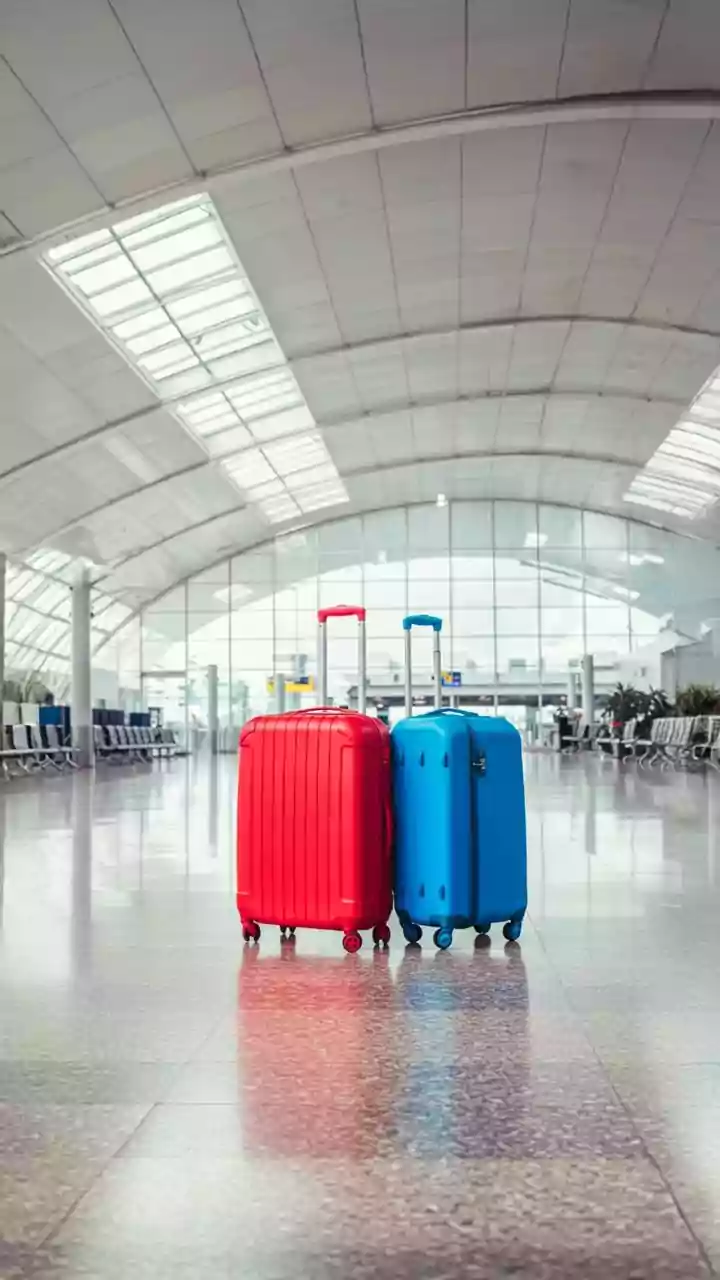Toxic Air's Impact
The relentless deterioration of air quality in Delhi has precipitated a concerning spike in respiratory illnesses. For several consecutive days, the air quality index
(AQI) has remained firmly entrenched within the 'very poor' category. This persistent exposure to hazardous pollutants, including particulate matter and various noxious gases, has significantly compromised the respiratory health of Delhi's populace. Hospitals across the city are now bearing the brunt of this environmental crisis, with a marked increase in patients reporting breathing difficulties, persistent coughs, and exacerbations of pre-existing respiratory conditions such as asthma and chronic obstructive pulmonary disease (COPD). The very poor air quality has created a situation where vulnerable individuals, including children, the elderly, and those with underlying health issues, are at highest risk, necessitating a proactive and concerted approach to mitigate the public health crisis.
Hospital Overload Begins
Hospitals in Delhi are struggling to cope with the increased volume of patients experiencing respiratory issues as a direct result of the city's poor air quality. The influx of patients reporting breathing problems, exacerbated asthma, and other respiratory ailments has stretched hospital resources, including beds, medical staff, and essential equipment, to their limits. Healthcare professionals are working tirelessly to manage the surge, providing critical care and administering treatments to alleviate symptoms. The situation is further complicated by the fact that many patients require extended hospital stays due to the severity of their conditions, thereby exacerbating the strain on already-constrained resources. There are growing concerns about the long-term health consequences of continuous exposure to polluted air, with expectations that the number of respiratory cases may remain high as long as air quality remains poor.
Underlying Health Concerns
The alarming rise in respiratory illnesses is particularly concerning because of its impact on those with pre-existing health conditions. Asthma patients, individuals with COPD, and those with other chronic respiratory problems are especially susceptible to the adverse effects of air pollution. Exposure to high levels of pollutants can trigger severe asthma attacks, leading to hospitalization and intensive care. For those with COPD, air pollution can exacerbate symptoms, causing flare-ups that require immediate medical attention. Moreover, long-term exposure to toxic air increases the risk of developing respiratory infections and other pulmonary diseases. The combination of pre-existing health issues and environmental hazards poses a significant challenge to the healthcare system, requiring specialized care and preventive measures to protect vulnerable populations. The persistence of poor air quality poses substantial risk, with the potential for long-term health complications.
Addressing the Crisis
Responding to Delhi's air quality crisis necessitates a multifaceted approach involving governmental action, public awareness campaigns, and individual precautions. The government must introduce and implement stringent policies to reduce pollution sources, including emissions from vehicles, industries, and construction activities. Enhancing public transportation systems and promoting the use of electric vehicles are crucial strategies. In the short term, emergency measures, such as temporary restrictions on outdoor activities and increased air quality monitoring, could protect vulnerable populations. Informing the public is another vital step. People need clear, accessible information on pollution levels, health risks, and preventive actions such as wearing masks, using air purifiers, and avoiding strenuous outdoor activities when air quality is poor. Increased focus on improving air quality is vital to protecting the health of the population.



















